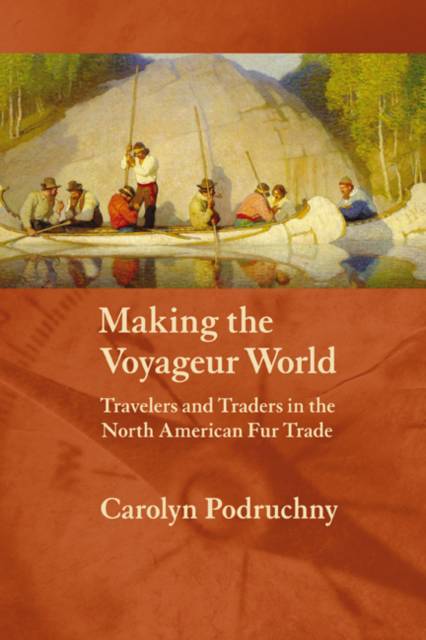
- Retrait gratuit dans votre magasin Club
- 7.000.000 titres dans notre catalogue
- Payer en toute sécurité
- Toujours un magasin près de chez vous
- Retrait gratuit dans votre magasin Club
- 7.000.0000 titres dans notre catalogue
- Payer en toute sécurité
- Toujours un magasin près de chez vous
Description
Making the Voyageur World shows that the voyageurs created distinct identities shaped by their French-Canadian peasant roots, the Aboriginal peoples they met in the Northwest, and the nature of their employment as indentured servants in diverse environments. Voyageurs' identities were also shaped by their constant travels and by their own masculine ideals that emphasized strength, endurance, and daring. Although voyageurs left few conventional traces of their own voices in the documentary record, an astonishing amount of information can be found in descriptions of them by their masters, explorers, and other travelers. By examining their lives in conjunction with the metaphor of the voyage, Podruchny not only reveals the everyday lives of her subjects--what they ate, their cosmology and rituals of celebration, their families, and, above all, their work--but also underscores their impact on the social and cultural landscape of North America.
Spécifications
Parties prenantes
- Auteur(s) :
- Editeur:
Contenu
- Nombre de pages :
- 416
- Langue:
- Anglais
- Collection :
Caractéristiques
- EAN:
- 9780803287907
- Date de parution :
- 01-12-06
- Format:
- Livre broché
- Format numérique:
- Trade paperback (VS)
- Dimensions :
- 151 mm x 219 mm
- Poids :
- 589 g

Les avis
Nous publions uniquement les avis qui respectent les conditions requises. Consultez nos conditions pour les avis.






